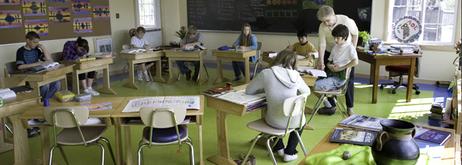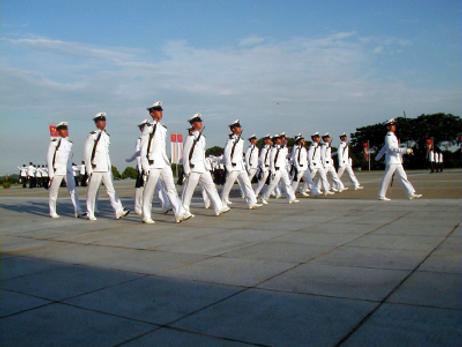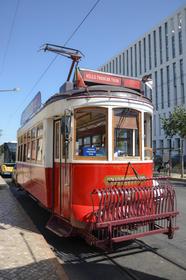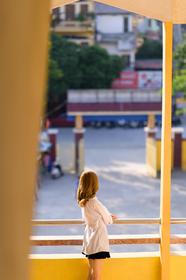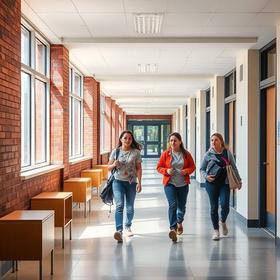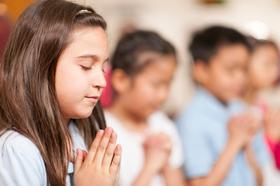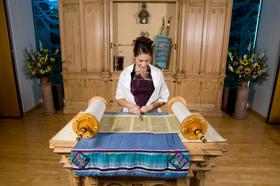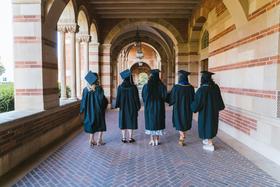The answer to that questions hangs on whether you look at statistics or community. Having 10% of your student population from a certain ethnic group does not necessarily mean a diverse school community. Diversity is more than numbers and statistics. Diversity is an attitude.
Teaching children to be tolerant and accepting of people and views which are different from their own is a huge task. It requires teamwork. Parents, administration and teachers set the tone. Nothing will be accomplished without the cooperation of these three groups.
Teaching children to be tolerant means getting involved and setting the right kind of example. Getting involved is not the same as sitting on the sidelines and observing what children are saying and doing. Getting involved means addressing issues of tolerance and diversity in the home and in the classroom.
The Past
Decades ago private schools were infamous for being elitist and exclusive. If you were Jewish or if your skin color was something other than white, you probably were not going to be admitted to a private school if you even dared to apply. Fortunately that has changed. Private schools have come to understand their leadership role in creating an inclusive, accepting community of students, teachers, staff and parents. Now the push is on to heighten that understanding of others and how they live with many fine initiatives such as The Institute for Student Leaders sponsored by NAIS. Private schools are proud of their diversity which truly is fact and not



